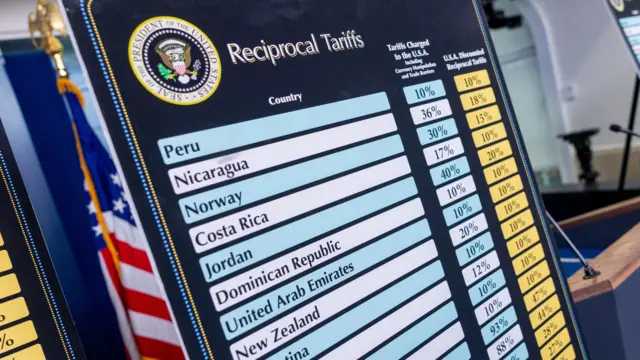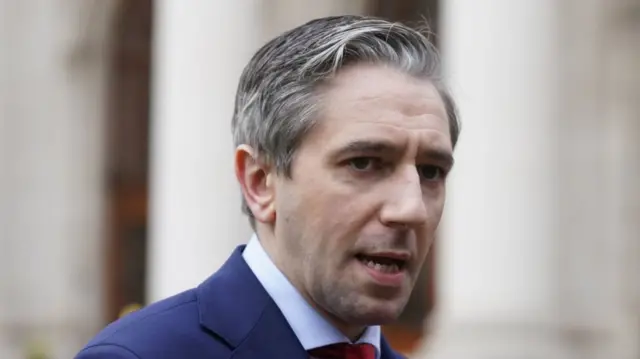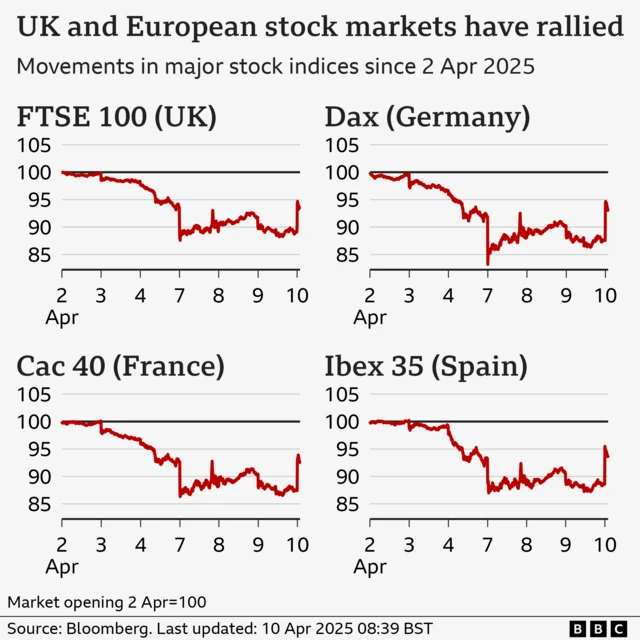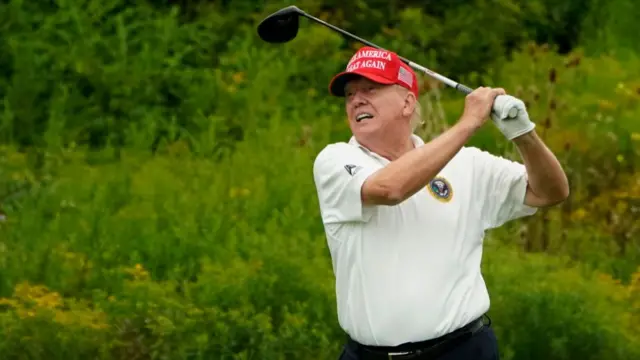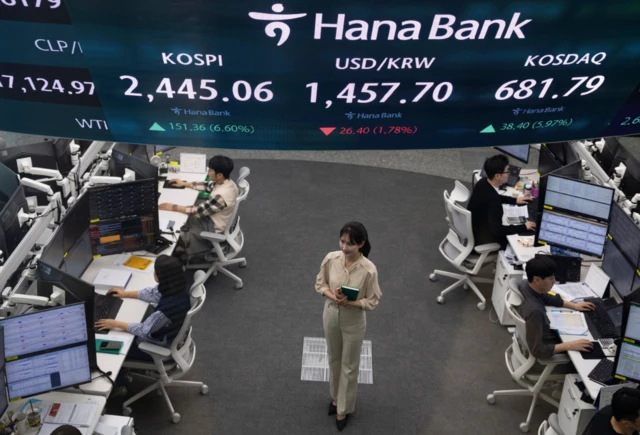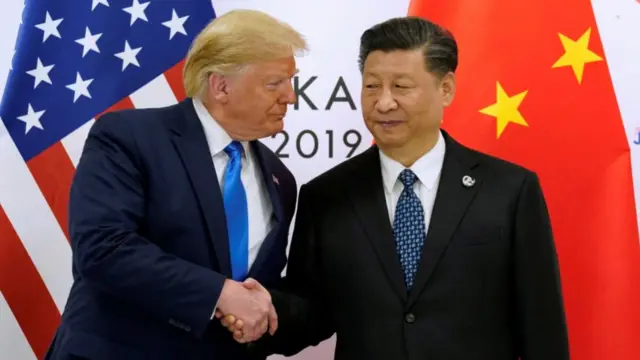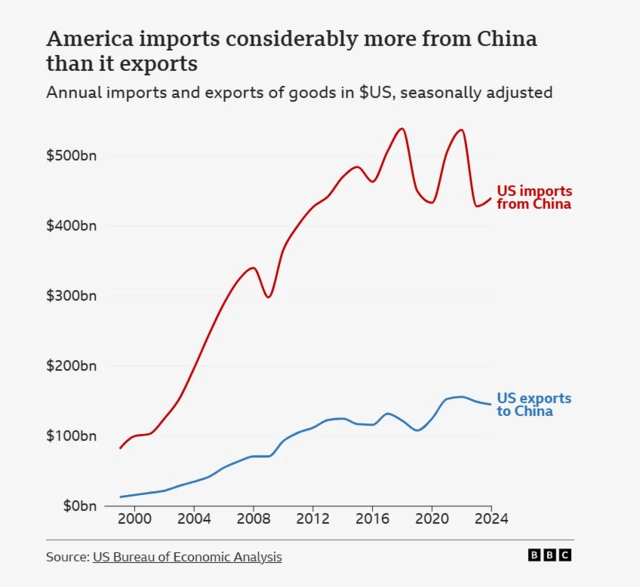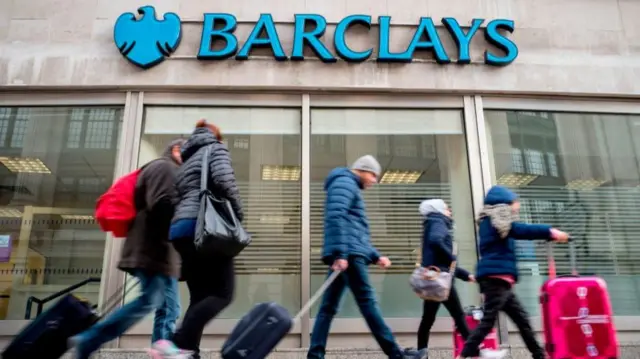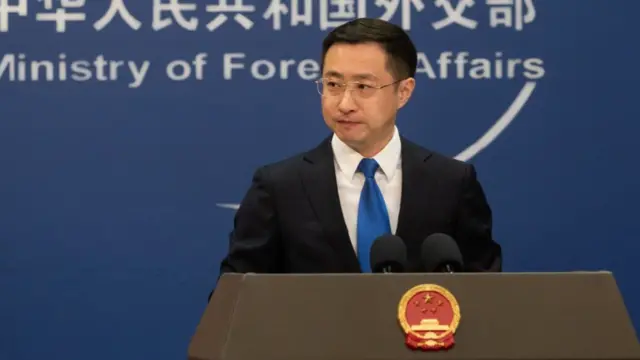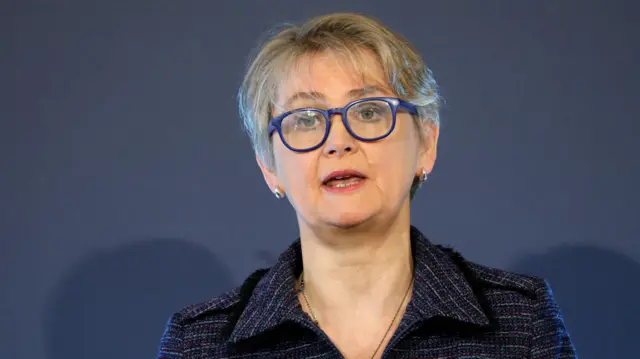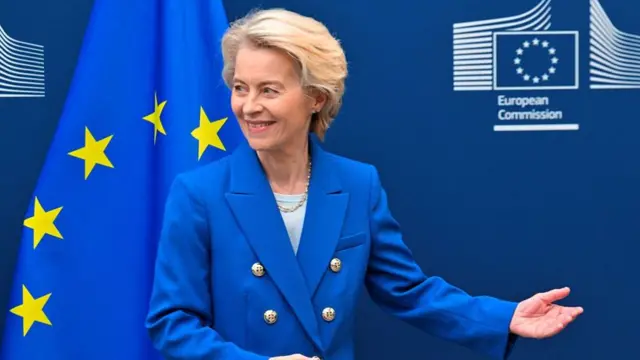Experts are answering your tariff questions from 12:30 BST - watch livepublished at 12:22 BST 10 April

So much has happened in the last few weeks as Trump announced his sweeping tariffs, let alone his major U-turn in the past 24 hours.
To help us unpack this, the BBC News Channel is answering your questions about the fast-changing global trade landscape.
For this, we've called on the expertise of:
- Laura Davison, politics editor at Bloomberg
- Linda Yueh, an economist at the University of Oxford
- Chris Johnston, senior editor at Business Insider
They'll be answering your questions at the top of this page from 12:30 BST, hit Watch Live to follow along - or we'll be bringing you some of their most interesting answers here in this feed.
